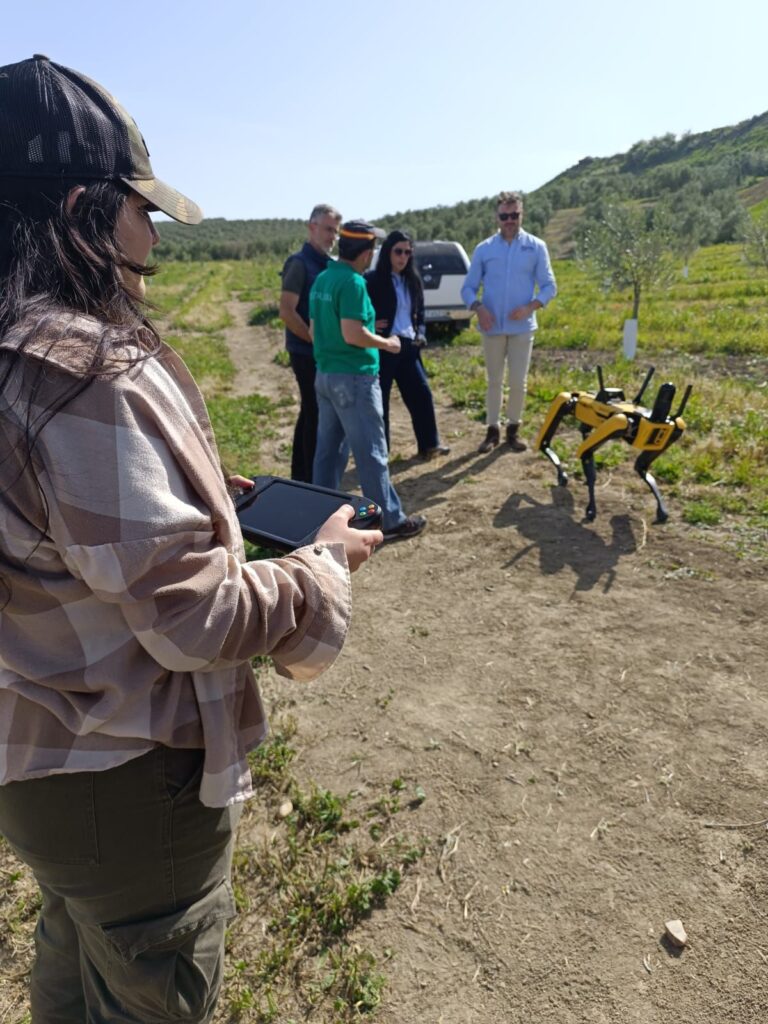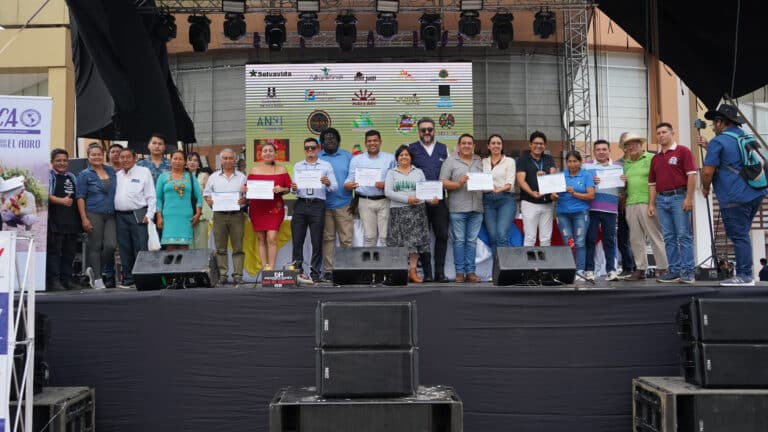The IICA Country Office in the Dominican Republic has been supporting the process of strengthening the country’s phytosanitary emergency response capacity to the potential introduction of Cocoa Moniliasis, a pest that has already been introduced in Jamaica, increasing the risks of spreading to others Caribbean countries.
Santo Domingo, Dominican Republic, August 29, 2017 (IICA). As the Dominican Republic is currently the leading exporter of organic cocoa in the world, the country’s cocoa sector has been discussing and developing plans and initiatives to conserve and even increase its participation in the world market in this area, with the support of the Ministry of Agriculture and coordinated involvement by the Department of Cocoa of this ministry, the National Cocoa Commission, cocoa processing companies and the associations of producers and exporters of the country in this area.

in the Dominican Republic on the Jamaican experience with Cocoa Moniliasis

IICA’s representation in the country has been involved to support the whole process of strengthening the phytosanitary protection infrastructure to respond to the potential introduction of Cocoa Moniliasis in the Dominican Republic and is working with the Ministry of Agriculture in the development of A project to help strengthen the Phytosanitary Surveillance and Emergency Response System against Cocoa Moniliasis. That is why, within the framework of the initiative of an international workshop entitled «Challenges of the Dominican Cocoa Sector to Maintain its Global Leadership and Recognition», organized by the Exporting Quality Program, which manages the International Executive Services Corps IESC), funded by the USDA, held last August 29 in Santo Domingo, the IICA Country Office in the Dominican Republic, managed the participation of Elizabeth Johnson, IICA Representative in Jamaica, to present the experience of Jamaica to address the introduction In that country of Cocoa Moniliasis.
More information: dileccio.vanderlinder@iica.int











